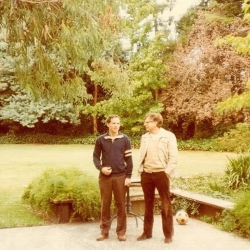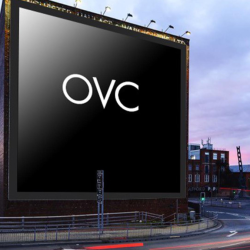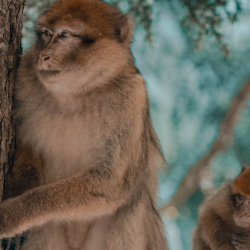The year ahead presents an opportunity for renewal and growth, but in order to move forward, we must be willing to let go of the past. “Let the past die. Kill it, if you have to“, serves as a powerful reminder of the importance of letting go of the past in order to create something new.

Easier said than done. We are creatures of habit, drawn to the path of least resistance, and prone to the loss aversion bias (first identified by Amos Tversky and Daniel Kahneman) — the pain of losing being twice as powerful as the pleasure of gaining.
Here’s the rub: comfort or progress? Pick one.
We must actively kill our aversion to loss, our fear of failure, and our ingrained business behaviours — and now is the time to do it. In times of looming economic downturn, many businesses look to consolidate, conserve, and conform to what has worked in the past. This leads to short-term thinking; just focus on the next quarter.
Too often, we allow our past experiences and failures to define us and hold us back from pursuing new opportunities, and new ways of doing things. Doing the same thing over and over, and expecting a different result won’t get us anywhere. Yet this is precisely what many businesses do, under the auspice of risk minimisation, or ‘proven methodologies’.
This kind of thinking restricts our vision to the three feet in front of us. Look further ahead.
Risk-aversion behaviours, such as loss aversion, can inhibit individuals, corporations, and countries from taking bold actions to solve complex problems. While being cautious is important, it can also hinder the adoption of new and potentially innovative solutions.
One example of the power of killing risk-averse behaviours can be seen in pre-pandemic Brazil
Before Covid-19, and Jair Bolsonaro’s presidency, Brazil had a reputation for innovative pandemic responses. Their approach to combatting the zika, malaria, and dengue fever outbreaks in 2016 — all transmitted by mosquitoes — was to create genetically engineered clones which were all male, didn’t bite, and carried a ‘self-destruct’ gene that killed them and their offspring. This cut the virus-carrying insects by up to 96 per cent. Although not a permanent fix, periodically releasing the mosquitoes reduced the burden of these diseases. Beyond its efficacy, this solution was more environmentally sustainable than insecticides or pesticides.
If Brazil’s epidemiologists and politicians had had a higher level of loss aversion, this innovative solution to a global problem may have never eventuated.
Here’s my challenge to you as business and marketing professionals
Ask yourself this question: Do I keep making the same decisions / using the same methods because they are familiar, or because they are the best way to achieve my goals? If you answered ‘because they are familiar’, then you have the opportunity to kill your loss aversion and do something new and better. If you answered ‘because they are the best way to achieve my goals’, I challenge this.
How do you know if you haven’t tried something new, taken a risk? You have the opportunity to kill your loss aversion and do something new and better.
We must let go of our past failures, our fear of change and open ourselves up to new possibilities and opportunities. Let us be bold, be willing to take risks, embrace new ideas and be open to collaborate and make an impact in the world. So let the past die and let us move on to the future.
Featured image: Raphael Nogueira / Unsplash
































